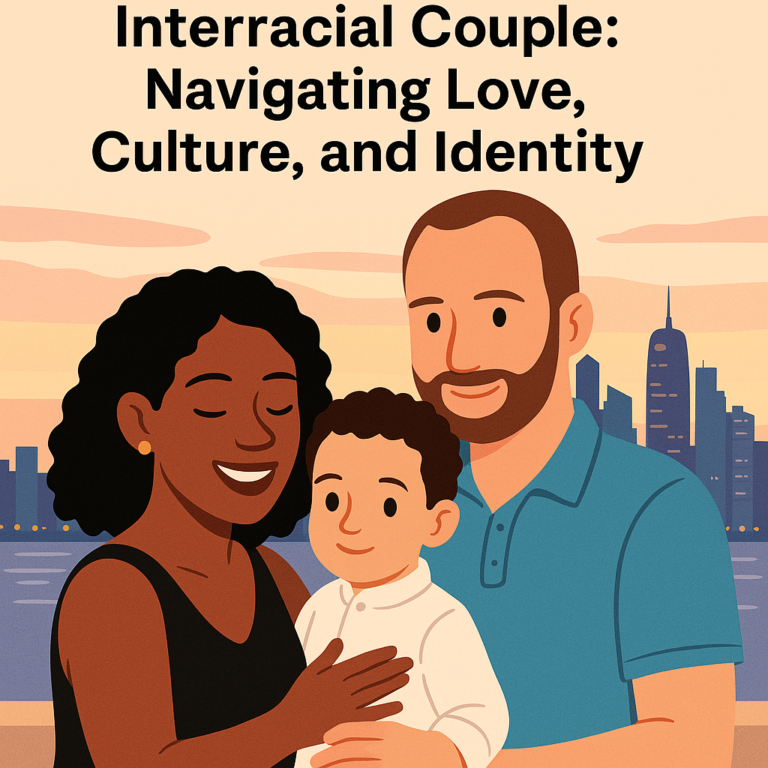How can you focus on prioritizing yourself when your energy is usually dedicated to making the relationship thrive? In this blog post we’ll explore some strategies for finding that delicate equilibrium where self-prioritization and nurturing healthy relationships intersect harmoniously.

✨Acknowledge Your Needs
The foundation of prioritizing yourself within a relationship begins with acknowledging your own needs. Moreover, take the time to reflect on what truly matters to you, what brings you joy, and what fuels your sense of purpose. This self-awareness forms the basis for setting healthy boundaries and making informed decisions about how you allocate your time and energy.
Personal Tip: My husband’s love languages are acts of service and physical touch (mostly sexual), while mine are words of affirmation and quality time. You can see how we expect different things from each other. What we’ve learned to do is explain to each other exactly how we want to be loved, instead of playing the guessing game.
✨Communicate Effectively
Effective communication is the cornerstone of any healthy relationship. First and foremost, be open and honest with your partner about your needs, desires, and boundaries. You might think this is easier said than done, and you are right. However, consider this a key point for your relationship to survive, and take it one step at a time. If you communicate a little bit better every day, think of what it can mean for your relationship in the long term. Clearly articulating your expectations allows for mutual understanding and, consequently, paves the way for compromise when necessary. Furthermore, remember it’s okay to say no or ask for what you need—it doesn’t diminish your love for your partner; rather, it strengthens the foundation of trust and respect.
Personal tip: Practice active listening. When your partner speaks, give them your full attention, and acknowledge their feelings and perspectives without interrupting. This not only shows respect but also helps build a deeper emotional connection.
✨Practice Self-Care
Self-care is not a luxury; rather, it’s a necessity for maintaining mental, emotional, and physical well-being. Carve out time in your schedule for activities that rejuvenate your spirit, whether it’s reading a book, practicing yoga, or simply taking a leisurely stroll in nature. By prioritizing self-care, you replenish your reserves, enabling you to show up fully present and engaged in your relationships.
Personal tip: As a stay-at-home mom with a husband who is a pilot, your schedule can be unpredictable. Take advantage of the times when your husband is home to plan solo self-care activities. For example, schedule a massage, join a fitness class, or meet a friend for coffee. This will give you a much-needed break and ensure you have dedicated time for yourself, helping you recharge and maintain a healthy balance.
✨Set Boundaries
Boundaries are essential for preserving your sense of self within a relationship. Specifically, they delineate where you end and your partner begins, establishing guidelines for acceptable behavior and interactions. Moreover, healthy boundaries protect your autonomy and prevent resentment from festering. Therefore, be firm yet compassionate in enforcing your boundaries, and be willing to reassess and adjust them as circumstances evolve.
Personal tip: For instance, boundaries with your in-laws. When setting boundaries with your in-laws, clearly communicate these boundaries together with your spouse. Present a united front to show that both of you are committed to maintaining these limits for the sake of your marriage. For example, agree on specific times for visits or set topics that are off-limits for discussion. By doing this, you ensure your in-laws understand the importance of respecting your space and decisions, which helps reduce friction and protect the harmony in your marriage.
✨Cultivate Independence
Maintaining a sense of independence is vital for your personal growth and fulfillment. Therefore, nurture your individual interests, pursue your goals, and cultivate a life outside of your relationship. While it’s natural to enjoy spending time with your partner, maintaining a healthy balance between togetherness and independence ensures that you don’t lose sight of your own identity and aspirations.
Personal note: As someone who cherishes personal growth, I make it a point to regularly engage in activities that I’m passionate about, such as singing and studying. These pursuits not only bring me joy but also help me stay connected to my own identity. By doing so, I find that I am more fulfilled and can bring a richer, more vibrant self into my relationship, enhancing our bond without losing sight of my own dreams and aspirations.
✨ Prioritize Quality Time
In the hustle and bustle of daily life, quality time with your partner can easily take a backseat. Nevertheless, prioritizing meaningful interactions strengthens the bonds of your relationship and fosters intimacy. Therefore, set aside dedicated time to connect with your partner, free from distractions, and engage in activities that deepen your emotional connection.
Personal note: My husband, being a pilot, often spends days working long hours, and when he gets a day off, all he wants to do is relax on the sofa and stay home. However, for me, it is important that he prioritizes quality time with the family. To resolve this issue, we agreed to find a balance that works for both of us. We set aside specific times for family activities that everyone enjoys, like having a picnic in the park or playing board games, while also allowing him some downtime to recharge. This compromise ensures that we maintain a strong family connection without neglecting his need for relaxation.
✨Practice Empathy and Understanding
Empathy is the ability to understand and share the feelings of another. Cultivating empathy within your relationship fosters mutual respect, compassion, and emotional intimacy. Take the time to listen actively to your partner’s thoughts and feelings, validate their experiences, and offer support when needed. By fostering an environment of empathy and understanding, you create a safe space for both partners to thrive individually and as a couple.
Personal note: Implementing this has been challenging for us, given that my husband is an only child and tends to focus on practical solutions, often neglecting the empathy and understanding part of issues. Coming from a big family, I naturally have more empathy and value the emotional side of interactions. This difference has caused some friction, but we are slowly getting there.
One tip we’ve found helpful is setting aside time each week for open, empathetic conversations. During these times, we practice active listening, where each person shares their feelings and experiences without interruption, and the other validates and acknowledges those feelings. This practice helps my husband focus more on empathy, and it allows me to appreciate his practical solutions more. Over time, this has improved our emotional connection and mutual understanding, helping us handle issues more effectively together.
✨ Seek Professional Support if Needed
Sometimes, despite our best efforts, we may find ourselves struggling to strike a balance between self-prioritization and nurturing relationships. In such cases, seeking the guidance of a qualified therapist or counselor can provide invaluable support. Specifically, therapy offers a neutral space to explore your thoughts, feelings, and relationship dynamics, thereby equipping you with the tools and insights needed to navigate challenges and cultivate healthy habits.
Personal note: I decided to include this step because it is an important one. My husband still doesn’t feel comfortable with or believe in therapists to help us solve our issues; he thinks we can do it on our own. So, I took it upon myself to go to therapy and have been learning tips and tricks that I’ve been practicing with us. I’m taking one for the team because sometimes, when your partner can’t give you something, you have to be the one to show up for the sake of your love and vice versa. Through therapy, I’ve gained valuable insights and strategies that have helped me better navigate our relationship and support both of us in our journey together.
✨ Conclusion
Finding the equilibrium between prioritizing yourself and nurturing healthy relationships is an ongoing journey that requires intention, communication, and self-reflection. By acknowledging your needs, setting boundaries, and practicing self-care, you create a foundation for balanced and fulfilling connections with your partner. Remember, a healthy relationship is one where both partners are committed to supporting each other’s growth and well-being while honoring their individuality. So, embrace the delicate dance of balancing self-prioritization and relationship nurturing, and watch as it enriches both your life and your partnerships.

